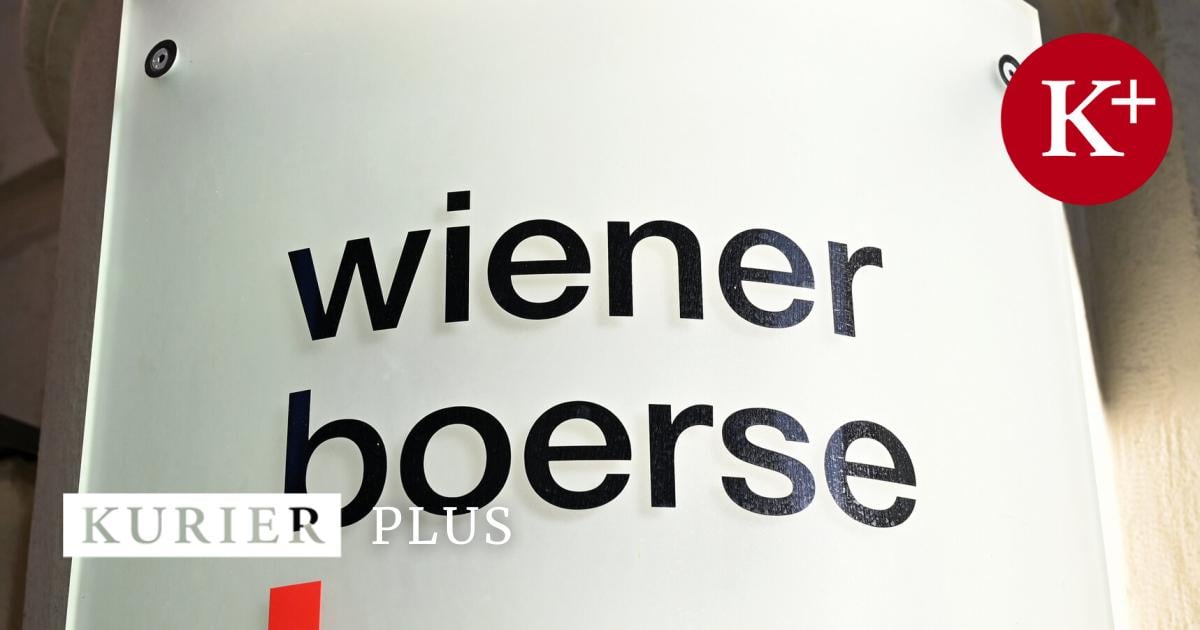So far so good. But how do industry representatives or stakeholders rate the government’s projects?
“The chapter on strengthening the capital market is very general,” says Christoph Boschan, head of the Vienna Stock Exchange. “The planned expansion of company pension schemes or a stronger focus on the second and third pillar of the pension system is to be welcomed. It now depends on which specific measures are followed.”
Handwriting of the standstill
Florian Beckermann, board member of the interest association for investors (IVA), locates a “handwriting of the standstill” in the project of the black and red government. The program is “unconcrete” and “unambitious”, for example, it lacks the abolition of capital gains tax (KESt) to securities after a maintenance period. This gives a chance to make the market accessible for a “broad mass”.
“The government program is still a bit vague in relation to the capital market,” says Georg Knill, President of the Industrial Association (IV). “There is still room for design here to strengthen the domestic capital market and the framework conditions for those who want to make provisions.”
For Sebastian Firlinger, head of the municipal loan, the government program sets “correct impulses for sustainable infrastructure and the energy transition. But: public funds alone will not be enough to meet the enormous need for financing in energy and infrastructure. A clear strategy for mobilizing private capital, otherwise the goal remains unattainable.”
Clientele policy
For Lukas Feiner, one of two managers of METIS Invest GmbH, the asset management daughter of Merkur Versicherung, remains to be seen “whether clientele policy and social partnership, as we know them from previous grand coalitions, can inspire the economy and the capital markets in Austria”. With a view to the new government, there is mostly serenity on the markets. Curiously, the Vienna leading index ATX has increased by more than 18 percent despite the absence of a government that had been capable of acting in September. “The absence of political noise seems to disturb the recession -plagued economy.”
Watering in Austria continues to increase
30 percent of Austrians invest in shares & Co. / private retirement security as a motive is gaining the number of domestic securities owners increases gradually. If it was 25 percent two years ago, this number rose to currently 30 percent. This is shown by the representative “stock barometer”, which was carried out annually by Peter Hajek, under 2,000 Austrians aged 16 and over on behalf of the industrial association, the equity forum and the Viennese stock exchange.
21 percent of Austrians therefore have investment funds or ETFs, 16 percent stocks and 8 percent bonds (multipleolations possible). In the previous year, 15 percent of the existing securities owners made no investments, but 30 percent more than 5,000 euros (see graphic). Around a third only relies on domestic titles, 28 percent only on foreign companies and another 31 percent. Around a quarter of those people who currently do not have any securities are interested in the acquisition.
In addition to the long -term asset structure (relevant for 79 percent of those surveyed) and value maintenance (74 percent), pension provision (57 percent) increasingly focuses on existing investors. In the previous year it was only 49 percent.
IV President Georg Knill derives a necessary paradigm shift in pension policy. “Another as before is not an option. It needs to relieve the state systems and strengthen the second and third pillars.”
Angelika Sommer-Hemetsberger, President of the Stock Forum, sees Austria’s pension system in a strong contrast to capital market-oriented countries such as Denmark or the Netherlands. “There are successful models that show how it could work. There are over 200 percent of GDP in capital -covered pension plans. Austria’s value is even 7 percent negligible.” As a result, Austria had to spend a much higher proportion of economic output for the public pension.
